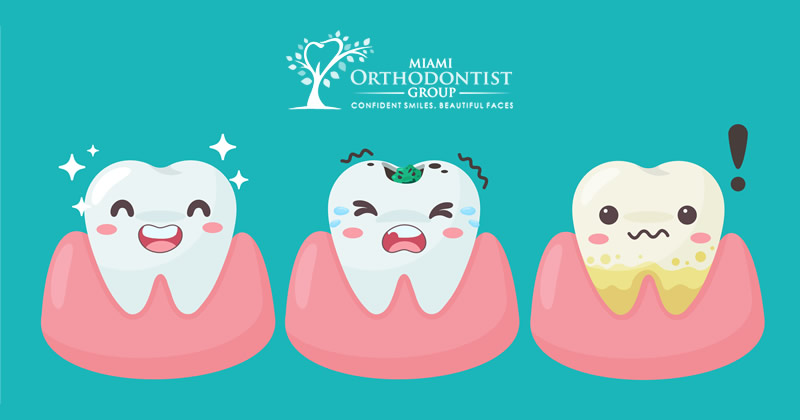When it comes to oral health, more often than not, the gums get overlooked. People tend to focus on getting healthy good looking teeth, forgetting about the gums. Taking care of your gums, however, is just as important as it is to do the same for your teeth. The same bacteria that weakens and destroys the tooth enamel can also cause gum disease. Unlike teeth related issues, gum diseases can easily go unnoticed until severe symptoms such as sore gums, bleeding, and bad breath begin to show up.
The best way to combat gum diseases is by avoiding getting gum diseases altogether through good oral care. Taking the following steps will help you maintain happy and healthy gums.
Regular Brushing
After eating, some food particles get stuck between the teeth and gums. The longer you leave them there, the more likely they are to welcome bacteria which can lead to gum disease. To avoid this, you should always ensure that you brush after each meal. As you brush your teeth, ensure that you scrub your tongue as well since it can be a dwelling place for harmful bacteria.
Use proper brushing techniques and fluoride toothpaste for the best results. Also, ensure that you use the right kind of toothbrush with soft bristles that will not harm your gums. Replace it every 3 to 4 months as it starts to wear out.
Floss Once Daily
Even if you diligently make a point of brushing your teeth after every meal, your toothbrush may not be able to get to the hard-to-reach areas of your teeth and gums. Flossing will help reach these hidden particles and plaque to prevent them from developing bacteria that can cause harm to your gums. You can do this once each day, at whatever time of the day that is suitable for you.
Try Therapeutic Mouthwash
A quick rinse with a mouthwash can help remove food debris left in the mouth after eating. Using mouthwash soon after brushing is not recommended as it will wash away the fluoride content of the toothpaste. A different time can be chosen for using mouthwash.
Therapeutic mouthwash is also known to bring about a reduction in plaque levels preventing it from developing into tartar which can lead to gum disease. It can also alleviate gum diseases such as gingivitis or even prevent them altogether.
Consider to Stop Smoking
If you are a smoker, among other reasons, you should consider quitting for the sake of your gums. As it weakens your immune system, it makes you more susceptible to gum diseases and makes it more difficult to fight it off in case you get infected with one. If any damage occurs, smoking will affect the healing process of the gums.
Try Oil Pulling
This is a simple at-home remedy that you can use to care for your gums by reducing the number of harmful bacteria in your mouth. Oils such as coconut oil will help to reduce plaque and relieve gingivitis symptoms.
Oil pulling is easy and all you need to do is warm some coconut oil and swish it around your mouth for about 10 minutes before spitting it out. Sesame or sunflower oil can also be used for this.
Visit the Dentist Regularly
A professional eye will be able to spot any signs or symptoms of gum disease which you might be able to do on your own. As such, regular checkups by the dentist will help detect these symptoms early enough before they become severe. You may also have your teeth professionally cleaned at the dental clinic to remove plaque that has not come off even after brushing. If you happen to have tartar, then this is the only way out.
Watch Your Diet
Constantly feeding on sugary snacks and drinks will accelerate the formation of plaque. Alternatively, you should feed on healthy foods that will promote the health of your gums. This includes eating fruits and vegetables that are rich in fiber, dairy products such as milk and cheese, foods, and drinks that have fluoride and, so on.
SUMMARY:
Having beautiful strong teeth is something to be proud of, but, that’s not to say that your gums are as healthy. Gums should not be neglected as they contribute to one’s general oral health. Doing so will bring about unpleasant consequences including gum diseases.
Also Read: Dos & Don’ts of Dental Hygiene


